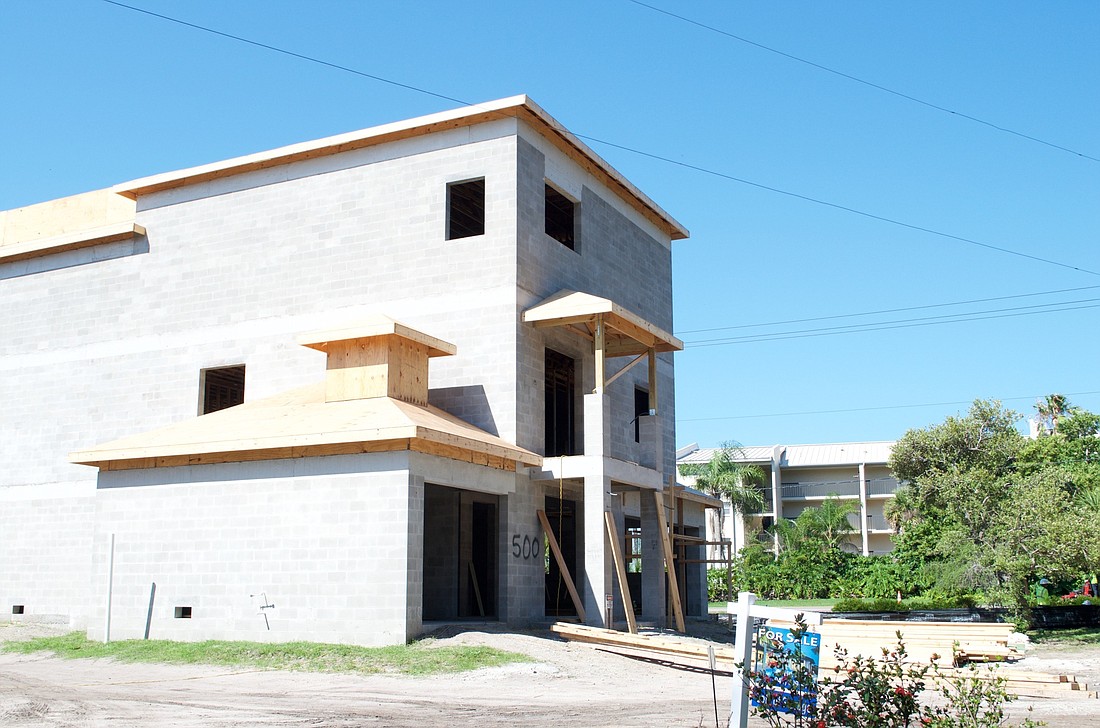- April 22, 2024
-
-
Loading

Loading

With a nod toward increased self-sufficiency, the town is considering a wide-ranging overhaul of how much builders and residents pay for building permits and inspections.
But, on the flip side of the effort is an acknowledgement that keeping prices for smaller projects affordable — less than the actual cost of the work — is a good idea as an incentive to keep safety front and center.
“The role of both inspections and plan review is to ensure the structures and buildings we’re in, our visitors are in, are safe and sound,’’ said Allen Parsons, the town’s Planning, Zoning and Building director. “That kind of safety is something you can’t really put a price on. But going through the review process that we do for various construction projects gives us the best chance to avoid being electrocuted, being in a fire, flooding hazard, health hazards, protecting our environment.’’
A town consultant was recently employed to examine the town’s fee structures for building and fire inspections and make recommendations on how to raise the level of self-sufficiency.
Fees in town have not been adjusted since 2011, though wages and other direct and indirect costs have risen.
As a result, the town’s building inspection and permitting fees today cover about 74% of the actual costs involved. The 2019 budget anticipates $1,191,358 in revenue and $1,608,798 in operating and capital costs, resulting in a potential $417,440 loss, which would be covered by the town’s $1.2 million reserve balance, something the town considers unsustainable in the long run.
State regulations prohibit charging more than actual costs, so it’s nearly impossible to bring that number to 100% while still keeping fees for such things as shed installations or other smaller jobs affordable.
With all the changes recommended by the consultant, the town hopes to move closer to 96% of costs.
“We’re going to maintain some sensitivity to not charging the full cost, because we do want folks to go through the review and inspection process for their safety and for future users’ safety,’’ Parsons said.
Fire inspection fees typically recover 98% of costs. No changes are expected in fire fees.
Among the changes to be presented to town commissioners in early June:
“Even though we’re putting CPI into this, a lot of what we’re building into this are wage costs, and wage costs are tending more and more to rise faster than CPI, so we may fall behind a little bit,’’ Schneier said.